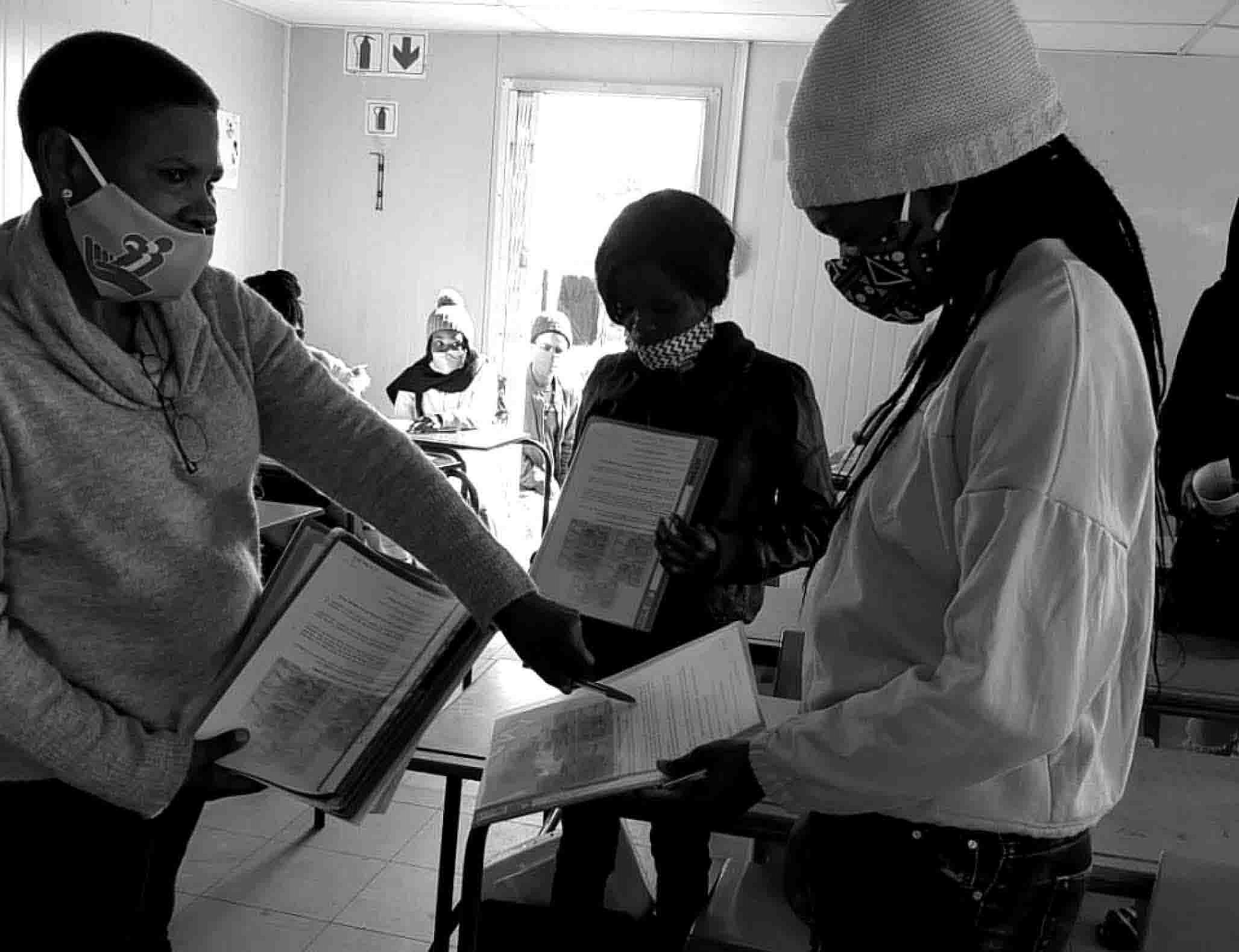What’s The Difference Between Home Contents Insurance & Building Insurance?
health-and-home
In today’s financially unpredictable climate, being forewarned means being forearmed. Nowhere does this apply more than to your choice of insurance. Knowing what your insurance won’t cover before you make a claim could save you money and spare you the inconvenience of having to reassess your coverage. A common area of confusion is home contents insurance coverage. Many people aren’t aware that the benefits of home insurance won’t cover damage to their property.
As Auto & General offers both building insurance and home insurance policies, we’ll explain the differences in coverage offered by building insurance vs contents insurance — and why you need both.
What is home contents insurance?
Home contents insurance covers everything inside your home, whether you’re renting a flat or living in your own property. Any item that you could easily remove and take with you should you be forced to evacuate your home falls into this category. Home insurance usually offers protection against accidental damage and unforeseen events. The former protects you against incidents beyond your control, like robberies or hailstorms. The latter replaces items accidentally damaged, such as spilling coffee on a TV or dropping an espresso machine.
Your home’s contents inevitably have a shorter lifespan compared to your physical property. It means you'll replace them more often, whether due to wear and tear, damage and theft or simply wanting something better. It means that you’ll need to accurately value every item you’re insuring[1] and make sure you notify your insurer if you buy something new. Some people value their belongings below their actual value so that they can pay lower premiums. While this might initially save them money, it also means that if they get robbed, they'll have to replace their goods with cheap, poor quality items.
When you insure an item, it’s insured for its value — which means that you’ll be able to replace it with a similar value item and not necessarily a better one. For example, if you have a smart TV and it needs replacement, you won’t necessarily get the latest version of the TV the brand has released. You will instead get the exact same TV or one from another brand with the same features.
What is building insurance?
Building insurance covers your physical property and anything that's a permanent part of it — in other words, anything you’d leave behind if you moved. The responsibility for this insurance lies with the property’s owner. If you’ve purchased a home it’s usually required if you’re being financed by a bank. If you’re renting a property, your landlord will need to pay for this and if you’re a landlord this will be your responsibility.
Purchasing building insurance will restore your home to the state it was in before it was damaged by something like a fire or water damage. It isn’t dependent on your property’s market value or location. Like home insurance, it will depend on the current state of your property, including any improvements or additions you’ve made to it. Having a claim successfully paid out often depends on whether you’ve taken reasonable measures to keep your property safe and prevent accidents. It also assumes that your home has been properly constructed and that you’ve made a reasonable effort to maintain it.
Say for example you purchase a newly constructed home and successfully take out building insurance. Although your home’s geyser states it requires servicing every two years, you don’t do so. The geyser eventually develops a leak, but you decide to patch it up instead of calling in an expert. One day, it explodes, causing massive property damage. In this case, your building insurance might not pay out for any necessary repairs or to replace your geyser as the explosion was preventable.
What are the differences between buildings vs home contents insurance?
All three of the above-listed insurance products are created for your private benefit. If you use part of your property or belongings exclusively to run your own business or perform business tasks, you might need to select a separate business-specific insurance product.
Benefits of home insurance
Your home is your sanctuary, and any disruption to this space can be disruptive and costly. Home insurance can help ease this burden and help get you back to normal quickly. While it might come with a few exclusions, it usually covers more than you’d expect. For example, it can cover the cost of replacing the food you lost due to your freezer breaking down while you were on holiday. If you have guests over and they were robbed, it can cover the cost of replacing your guest’s belongings.
Get home insurance quotes from Auto & General
Find out how you can keep your home and your insurance policies in tip-top shape with Auto & General. Having both home contents insurance and building insurance is well worth it. For a small monthly premium, you can have peace of mind that should the worst happen, you won’t be left with an empty wallet or empty home.
Auto & General offers both home and building insurance products that can be customised to your needs and budget. It also comes with free value-added benefits such as cashback after a no claim period and a range of personal assistance services to make your life more convenient.
Get a quote for one or both insurance products today by applying for one online, and a member of our team will get back to you to discuss your options.








